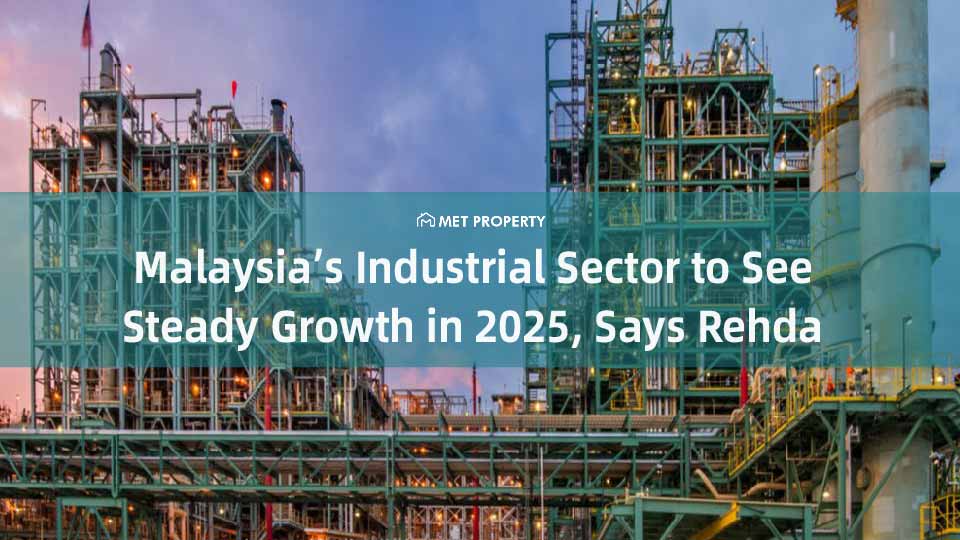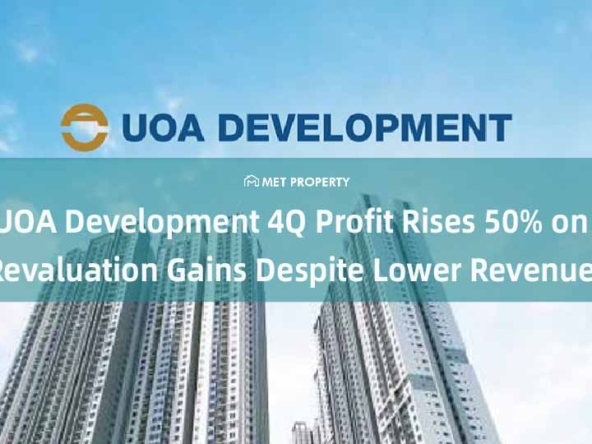“Rehda projects a stable industrial property outlook for Malaysia in 2025, supported by steady enquiries and ongoing demand from data centre operators.”
Kuala Lumpur, 27th November 2025, 03.08pm – Malaysia’s industrial property sector is expected to maintain a steady outlook in 2025, supported by a consistent flow of enquiries despite a likely moderation in growth compared to the strong performance of the past two years.
This assessment was shared by Real Estate and Housing Developers’ Association (Rehda) trustee and past president Datuk Seri Michael KC Yam during Rehda Institute’s “Industrial Real Estate: Closed-door Strategic Dialogue & Masterclass” held at Wisma Rehda on Tuesday.
Speaking to EdgeProp after the opening session, Yam said that interest in industrial assets has remained resilient, with enquiries staying healthy even though the exceptional surge seen previously may not continue at the same pace.
“The pipeline remains steady,” he noted. “The strong spike we saw over the last two years may not repeat itself, but the momentum is still encouraging.”
He highlighted that demand from data centre operators has been a major driver, as these facilities require sizeable landbanks due to redundancy and infrastructure needs. This has positioned them among the largest absorbers of industrial land in the market.
The earlier wave of demand, Yam explained, was influenced heavily by global geopolitical developments, particularly the imposition of sudden tariff policies by the US during the Trump administration. These changes created uncertainties for manufacturers with international exposure, prompting companies to reassess their supply chain risks.
This led to two major market movements: businesses seeking alternative regional bases to mitigate risk, and firms that had not previously considered relocation beginning to explore new markets. Malaysia benefited from this shift due to its stable ecosystem, supportive regulatory framework and investment incentives.
According to Yam, Malaysia’s attractiveness will continue even if geopolitical tensions ease and trade conditions normalise, as many companies have already diversified their operational footprints and now view Malaysia as a reliable long-term location.
While the extraordinary boom driven by global instability may not repeat in 2025, the sector is expected to continue expanding on the back of structural changes already underway and sustained investor interest.




